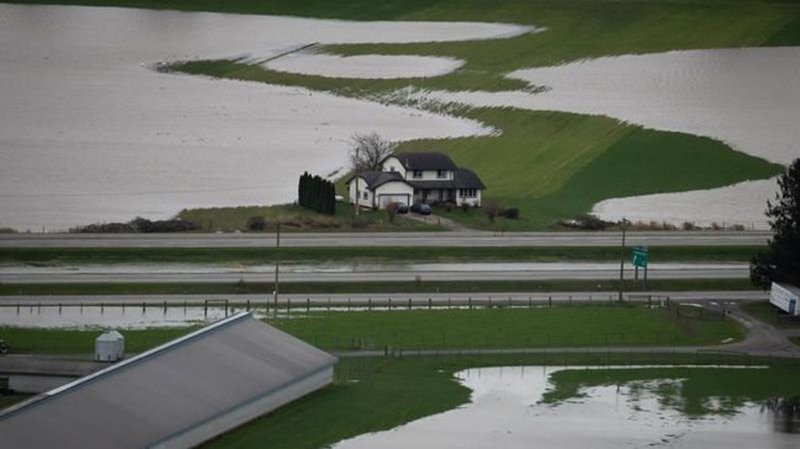
Canada prepares to adapte to climate change: A look at what’s In The News today
Here is a roundup of stories from The Canadian Press designed to bring you up to speed on what you need to know today.
Canada’s climate adaptation strategy
Canada’s plan to make communities more resilient to climate change is coming today.
The final version of the national adaptation strategy is expected to be similar to the draft published last fall, which included targets to shore up resistance to wildfires, extreme heat and major storms, such as hurricanes.


